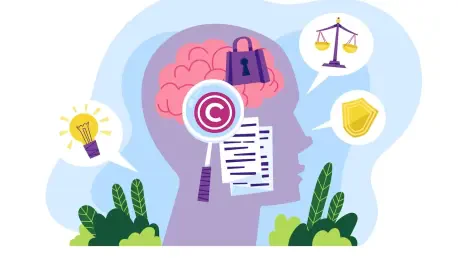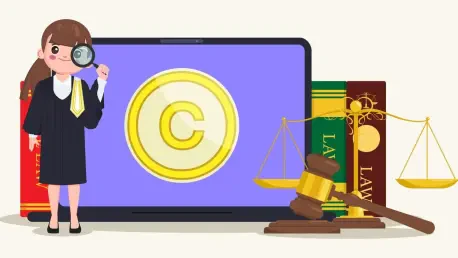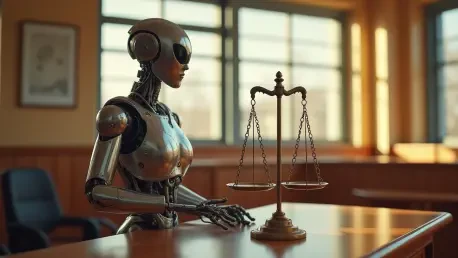
Desiree Sainthrope is an eminent name in the field of intellectual property law, possessing deep insights into the nuances of trade agreements and the challenges posed by technological advancements like AI. In this engaging conversation, we dive into the recent legal triumphs for AI companies like

In an era defined by rapid advancements and digital transformation, intellectual property (IP) has emerged as a cornerstone of innovation and economic growth. IP impacts many areas of life and is paramount to creators, inventors, and businesses in safeguarding their innovations. Recognizing its

In a landmark case that could set significant precedents in the realm of artificial intelligence and copyright law, a federal court recently rendered a decision involving the AI company Anthropic and a group of authors. The plaintiffs, Andrea Bartz, Charles Graeber, and Kirk Wallace Johnson, lodged

The burgeoning field of generative artificial intelligence (AI) has introduced disruptive innovations across multiple sectors, significantly transforming how brands create, market, and protect their identity. With AI technologies now wielding the ability to produce creative content at an

The line between intellectual property enforcement and freedom of expression is becoming increasingly blurred in the legal landscape. This dynamic is epitomized by the recent court decision in the case of Bargain Busting Ltd v. Shenzhen SKE Technology Co. Ltd & Ors, which sparked a significant

In the ever-evolving landscape of technological innovation, the intersection of artificial intelligence (AI) and clean technology (cleantech) has emerged as a transformative force. This convergence not only promises enhanced efficiencies but also presents formidable challenges, particularly in the